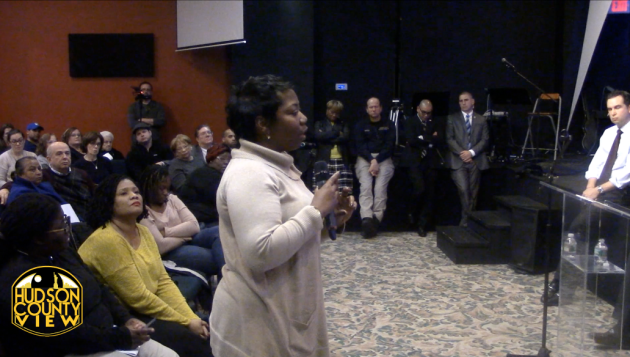The Superior Court of New Jersey Appellate Division has called for a “do-over” in a divorce case that originated in Hudson County Chancery Division where a judge ruled against allowing the plaintiff to testify via video transmission from India – where he currently resides.

By John Heinis/Hudson County View
According to to the appellate ruling, which was rendered on Friday, Phaninder Pathri (the plaintiff) and Srivani Kakarlamath moved to the United States from India and 2007 and have two minor children.
In the midst of a divorce proceeding in 2018, Pathri moved back to India, while Kakarlamath and their children resided in Maryland.
A week before the trial scheduled for June 2019, Pathri said he was unable to obtain a visa to enter the U.S. and therefore requested to testify from India via “contemporaneous video transmission.”
” … In one respect, the rules haven’t quite caught up to the technological revolution. So, feeling ‘plucky and adventury,’ we granted leave to appeal to consider how a judge should assess a party’s request to appear at trial and present testimony by way of contemporaneous video transmission,” Appellate Judges Clarkson Fisher, Robert Gilson, and Lisa Rose wrote in their decision.
They pointed to the Federal Rule of Civil Procedure 43(a), which allows testimony via video transmission “[f]or good cause in compelling circumstances and with appropriate safeguards,” even though testimony in person is preferred.
Furthermore, the appellate division notes that there are various instances where testimony is acceptable via phone or video, and that there are no hard guidelines as to when video testimony can occur.
“The fact that the opinion was written over thirty years ago – decades before Skype, FaceTime, and the like were even dreamt of – should give us pause,” the opinion says.
“The fact that Aqua Marine considered only the presentation of remote testimony heard but not seen is a factor that also greatly distinguishes what was requested here … The court should ascertain the significance of the witness’ credibility and demeanor and whether the factfinder is better served in its truth-finding function by having testimony in person rather than by contemporaneous video transmission.”
Ultimately, the lower court’s decision has been vacated and remanded for further proceedings, the appellate court ruled.










